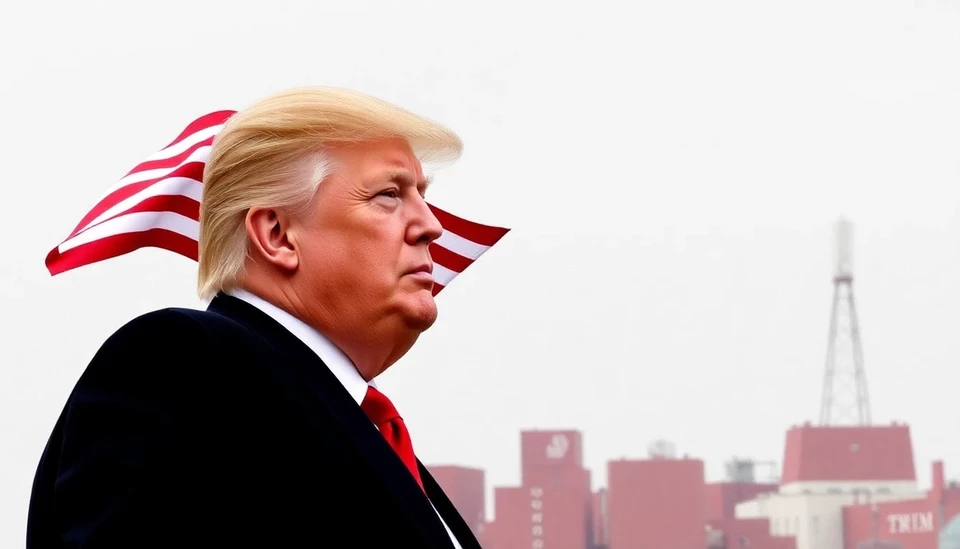
In a surprising turn of events, former President Donald Trump recently unveiled plans for significant tariff increases, stirring discussions across economic and political arenas. The announcement, made during a press conference, comes amid widespread concerns regarding international trade dynamics and America's economic standing in the global marketplace.
Trump's proposed tariffs aim to target various imported goods, focusing primarily on industries believed to be detrimental to American manufacturing. By imposing additional taxes on these imports, the strategy is expected to provide a boost for domestic producers who have been struggling to compete with cheaper foreign alternatives. This move, he argues, is essential for maintaining jobs and reviving sectors that have been hollowed out in recent decades.
The timing of this announcement is particularly critical, as it aligns with a historic period of inflation and rising living costs affecting consumers across the nation. Economists and analysts are grappling with the potential repercussions of these tariffs. On one side, proponents argue that this could stimulate local economies and bring jobs back to America. On the other hand, many fear that such tariffs could lead to retaliatory measures from other countries, ultimately raising prices for American consumers.
International trading partners are closely monitoring the situation, as Trump’s tariff strategy could disrupt established trade agreements and alliances. Countries that rely heavily on exports to the United States may take offense to these new tariffs, which could lead to a tit-for-tat scenario reminiscent of the trade conflicts seen during Trump's previous term in office.
Financial markets have also reacted to this announcement, with stock prices fluctuating as investors weigh the potential impacts of increased tariffs on businesses, both large and small. Industries that rely heavily on imports, such as technology and electronics, could experience significant disruptions, which would further complicate supply chain challenges that have already been exacerbated by recent global events.
As the news develops, both supporters and opponents of the tariff proposal are vocalizing their views. Advocates proclaim that it is time to put American interests first, while critics caution about the potential for economic isolationism and the adverse effects on global relationships. With the 2024 election looming, Trump's tariff announcement is likely to play a central role in the political discourse in the months to come.
Ultimately, the fate of these tariffs not only hinges on economic theories and market reactions but also on political support within Congress. The effectiveness of this initiative will depend significantly on whether it can garner bipartisan approval and public support amidst these challenging economic times.
As discussions unfold, one thing remains certain: Trump's tariff announcement has once again placed the spotlight on the broader issues of trade policy and economic strategy, reigniting debates that could shape the economic landscape in the years ahead.
#Trump #Tariff #Economy #Trade #AmericaFirst #Inflation #Politics #GlobalTrade
Author: Rachel Greene




